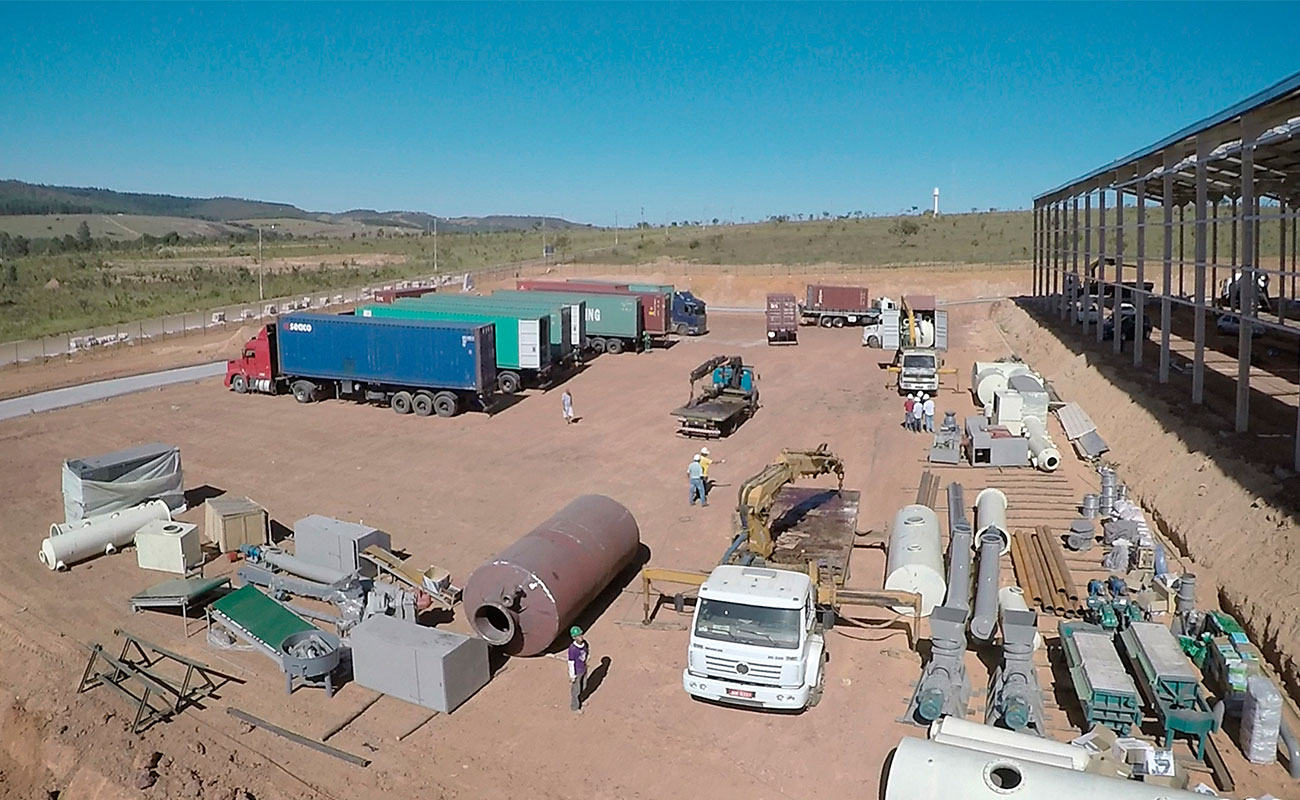As the world’s population passes the 8 billion people mark it is no surprise that not only is there an increasing emphasis across the globe when it comes to dealing with waste. In addition, this growing population is desperately seeking entrepreneurial opportunities.
Much of the waste that is today generated comprises items that are manufactured using hydrocarbons (planta de pirólisis de neumáticos de desecho). This includes an enormous variety of not only products themselves – but also the packaging that protects them.
These products (let’s take tyres as an example) are beginning to overwhelm landfills. The toxic runoff produced by these products as they biodegrade also has the potential to do enormous environmental damage.

Fortunately, there is a solution to both of these challenges in the form of pyrolysis plants. These plants process materials such as plastics and car tyres into fuel oil, Carbon Black, and also syngas that can be used to power many of the pyrolysis plant functions.
These plants can make use of a variety of feedstock that includes the abovementioned car and heavy vehicle tyres, but will also be able to process a huge number of landfill plastics, as well as used industrial oil.
The fact that pyrolysis plants (planta de pirólisis montada sobre patín) can operate to produce valuable distilled products almost irrespective of the type of feedstock available makes an investment in this type of plant immensely attractive to entrepreneurs. However, not only are pyrolysis plants able to deal with a wide variety of raw materials, but they are also available in a number of designs.
For larger operations that have unlimited and constant access to feedstock and have a ready market for large amounts of pyrolysis products, the continuous or semi-continuous feed pyrolysis plant is ideal. However, operators who will be using a variety of feedstock material from a variety of different sources would be best served by investing in a ‘batch’ pyrolysis plant that allows for the output of smaller amounts of product.
Fuel oil is primarily used for industrial processes (for instance in steel smelting, heavy oil generators, or in cement factories – among many others). Given the fact that fuel oil is rapidly increasing in price, an investment in a pyrolysis plant can provide exceptional returns. It is also worth knowing that fuel oil can be further refined into diesel fuel, another product that is experiencing robust demand as supply chains are disrupted and industry recovers from the effects of the global pandemic.
Sourcing the various components of a pyrolysis plant can be a challenge. A manufacturer (www.bestoneco.com) and distributor with an exceptional reputation for producing world-class machines – and offering exceptional after-sales service is the foundation of any successful pyrolysis operation.
